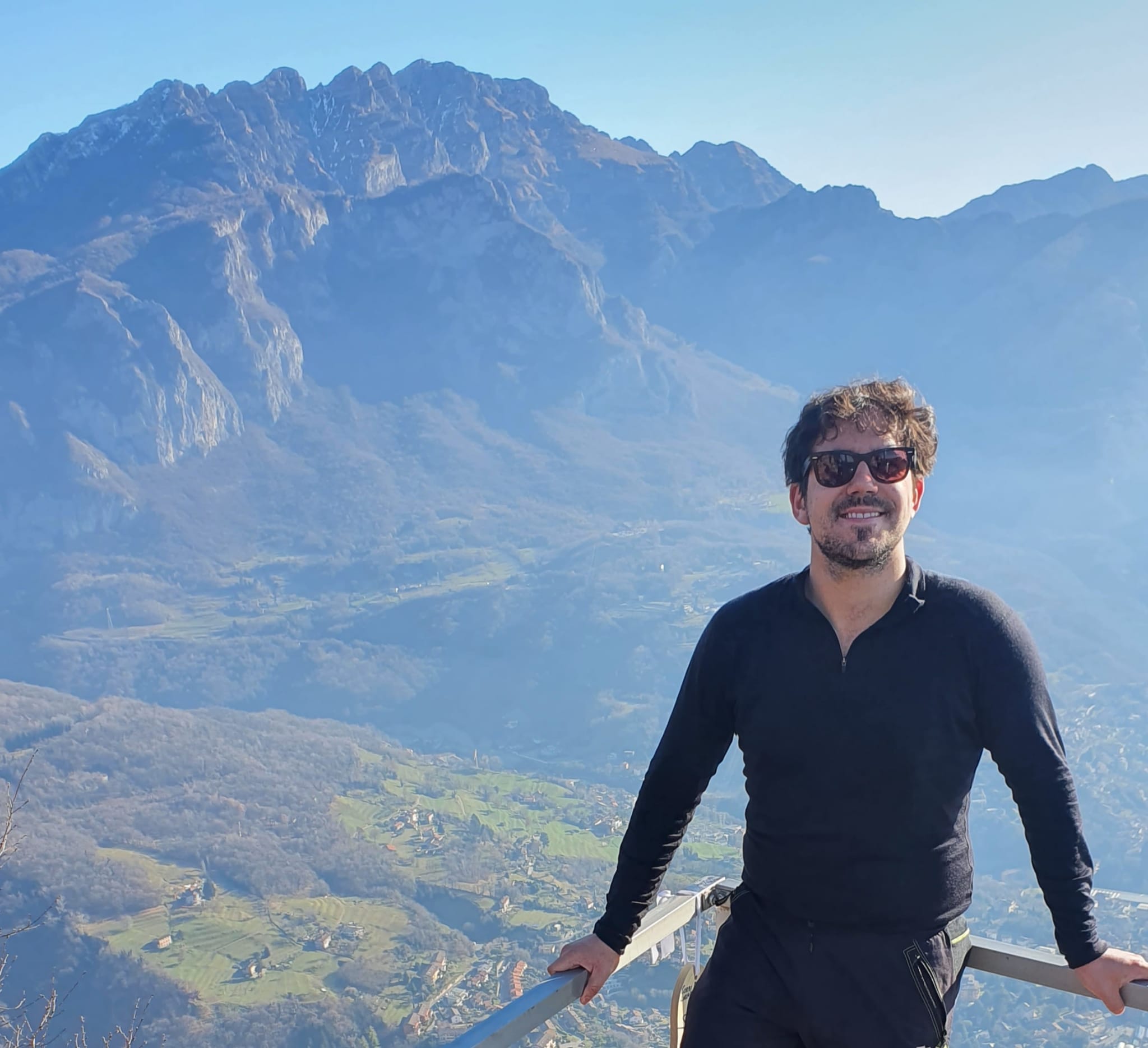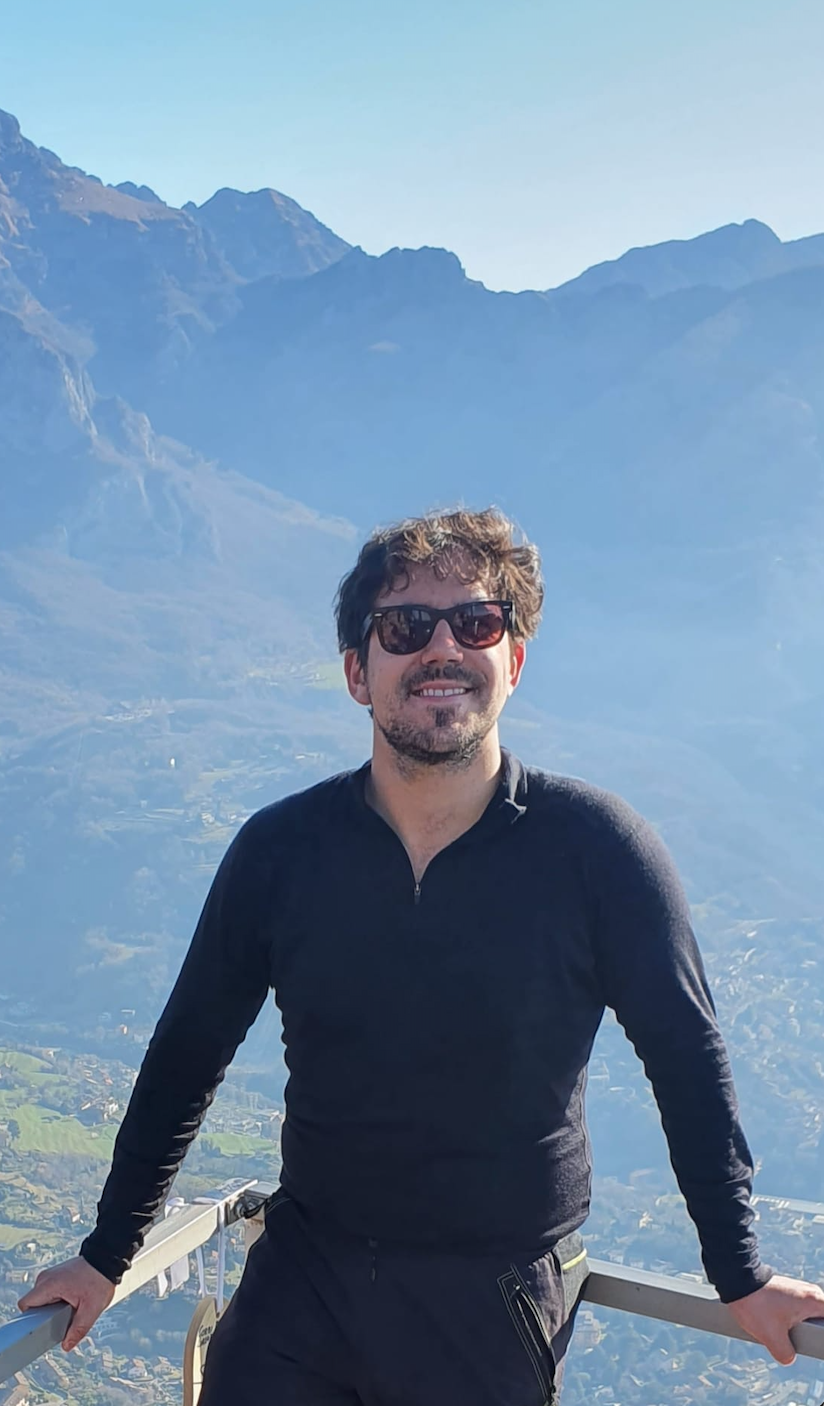

Nuove pratiche di innovazione
Immaginate di avere come missione quella di combattere la malaria. Un buon modo per arginare il dilagare di questa malattia è quello di distribuire zanzariere nei contesti più a rischio, ma come assicurarsi che poi le zanzariere vengano usate e le persone responsabilizzate? Meglio darle gratis alle famiglie, farle pagare per intero, o chiedere una piccola cifra?
Questo è il genere di domande a cui piace rispondere a Francesco Gerli, dottorando di Tiresia laureato in Economia e Scienze Sociali in Bocconi, con un Erasmus a Parigi a Sciences Po, e un visiting alla Copenaghen Business School . Lo appassionano, oltre che alla politica e la montagna, i casi in cui piccoli meccanismi, come lo stabilire un piccolo prezzo per le zanzariere o cambiare le competenze di un’amministrazione comunale, riescono ad avere effetti macroscopici.
Francesco ha iniziato a lavorare in Tiresia come tirocinante, pensando che si sarebbe occupato principalmente di welfare, ma ha scoperto quasi subito che esiste tutto un mondo legato alla valutazione dell’impatto sociale e che non è un settore riservato agli econometrici. Sempre in Tiresia ha deciso di iniziare il suo dottorato, nel 2018, per cui si è concentrato sul rapporto tra l’economia della conoscenza e un mondo apparentemente lontano, quello dell’impresa sociale e del terzo settore.
In questi anni si è concentrato sullo sviluppo tecnologico dell’impresa sociale e del terzo settore e su come questo potrebbe essere il veicolo che porterà a passare da approcci “market-oriented” a approcci trasformativi all’interno delle istituzioni che si occupano di innovazione. L’innovazione non riguarda solo gli artefatti, ma anche le pratiche che possono avere risvolto sociali e trovare risposte a quelle che chiamiamo “grandi sfide sociali”.
“Senza Tiresia e senza il continuo confronto con il Prof. Calderini, che è il mio supervisor, nulla di tutto questo sarebbe mai stato possibile. Riconosco di aver sempre avuto una grande curiosità, che mi spinge per mia natura verso la ricerca, ma senza la visione complessiva e futuribile a cui ho avuto accesso stando in Tiresia non sarei mai riuscito a maturare come ricercatore.”
New Practices in Innovation
Imagine that your mission is to fight malaria. An excellent way to cut down the spread of malaria is to distribute mosquito nets in the most at-risk environments, but how do you ensure that the nets are used and people are made responsible? Is it better to give them to families for free, charge them in full, or ask for a small fee?
These are the kinds of questions Francesco Gerli – a Tiresia PhD student with a degree in Economics and Social Sciences from Bocconi University, an Erasmus in Paris at Sciences Po, and a visiting at Copenhagen Business School – likes to answer. In addition to politics and mountains, he is passionate about cases where small mechanisms, such as setting a small price for mosquito nets or changing the competences of a municipal administration, manage to have macroscopic effects.
Francesco started working at Tiresia as an intern, thinking that he would work mainly in the field of welfare, but he soon discovered that there is a whole world related to social impact assessment and that it is not a field reserved for econometricians. He decided to start his PhD in Tiresia, in 2018. During the program, he focused on the relationship between the knowledge economy and a seemingly distant world: social enterprise and the third sector.
In recent years he has focused on the technological development of social enterprise and the third sector and how this could be the vehicle that will lead to a shift from ‘market-oriented’ to transformative approaches within innovation institutions. Innovation is not only about artefacts, but also about practices that can have social implications and find answers to what we call “great societal challenges“.
“Without Tiresia and without the continuous confrontation with Prof. Calderini, who is my supervisor, none of this would have been possible. I recognise that I have always had a great curiosity, which drives me by nature towards research. Still, without the comprehensive and futuristic vision that I have had access to by being in Tiresia I would never have been able to mature as a researcher.”







